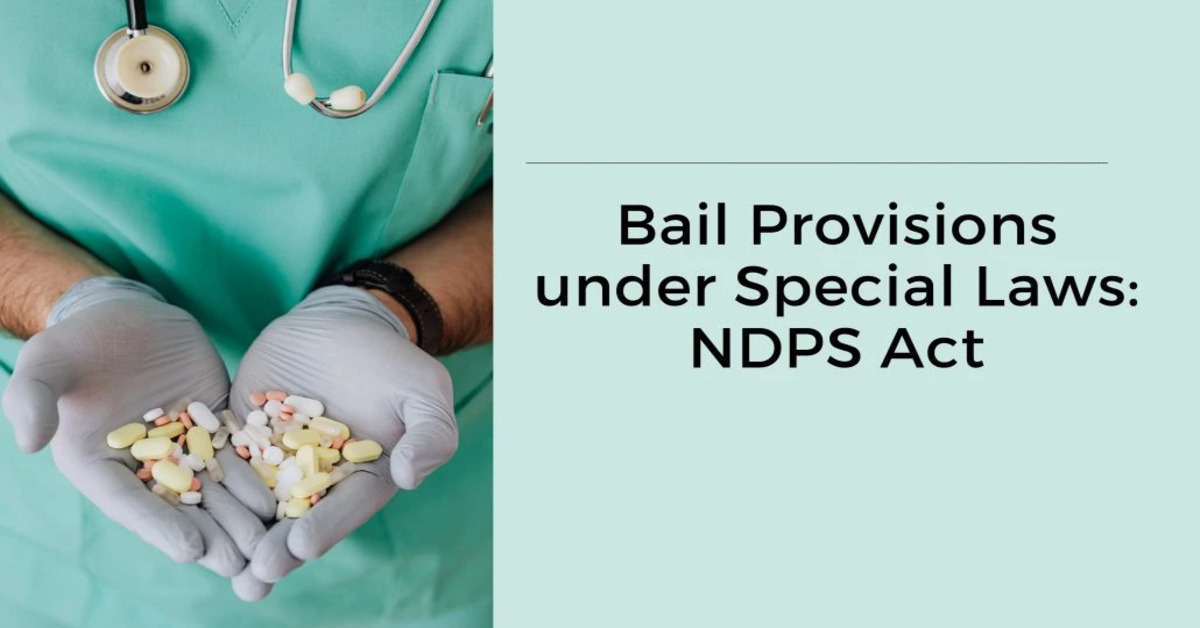
Introduction
In the previous articles, we discussed the changes in bail provisions, regular bail provisions, and anticipatory bail provisions under the Bharatiya Nagarik Suraksha Sanhita (BNSS), also known as the New CrPC. In this article, we will delve into the bail provisions under special laws, focusing on the Narcotic Drugs and Psychotropic Substances Act (NDPS Act).
Bail Provisions under the NDPS Act
The NDPS Act has stringent parameters for the grant of bail. Under Section 37 (1) (b) (ii), the limitations on the grant of bail for offenses punishable under Sections 19, 24, or 27A and also for offenses involving a commercial quantity are: The Prosecutor must be allowed to oppose the bail application, and There must exist ‘reasonable grounds to believe’ that (a) the person is not guilty of such an offense; and (b) he is not likely to commit any offense while on bail.
Landmark Judgments
While there are no specific landmark judgments related to bail provisions under the NDPS Act, the interpretation and application of these provisions have been the subject of numerous court cases. These cases have shaped the understanding and implementation of the NDPS Act’s bail provisions.
Impact of the Provisions
The bail provisions under the NDPS Act have significant implications. They provide a clear framework for the grant of bail in cases involving narcotic drugs and psychotropic substances. These provisions aim to balance the need for effective law enforcement with the rights of the accused.
Conclusion
This article provided a detailed analysis of the bail provisions under the NDPS Act. The stringent parameters for the grant of bail under this Act represent a significant aspect of the legal process in cases involving narcotic drugs and psychotropic substances. In the next article, we will discuss the bail provisions under another special law, the Unlawful Activities (Prevention) Act (UAPA). Stay tuned for more insights into this important legal topic.













